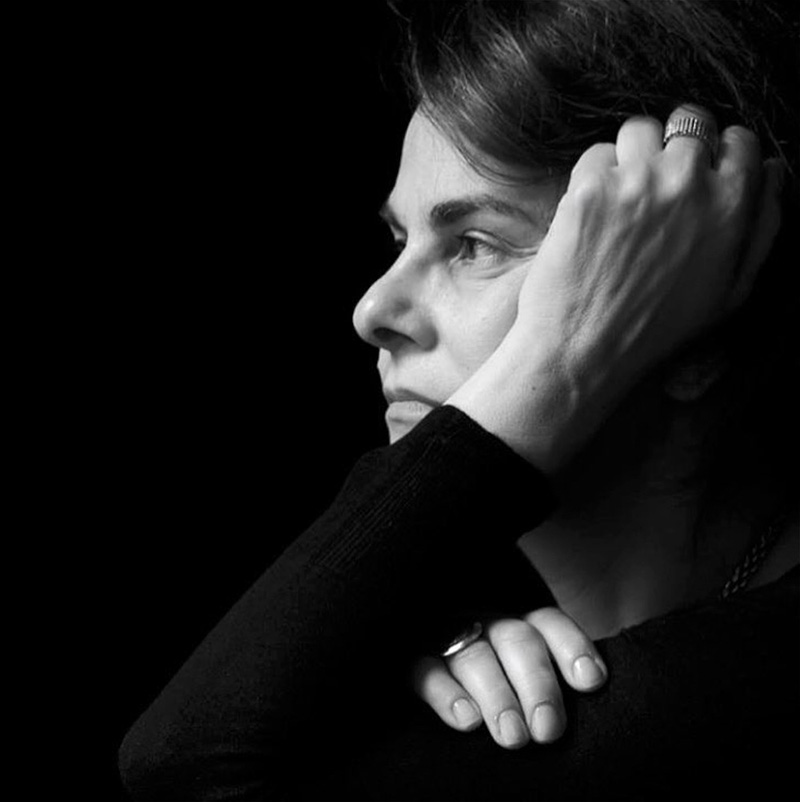Lesia Maruschak is a Canadian artist of Ukrainian descent. She holds a MA from the University of Saskatchewan, and a MBA from the University of Ottawa. She studied Fine Art in the US and Romania. Maruschak creates narrative-specific installations that include static and moving images and hard and soft sculptural elements. They explore the histories of colonized peoples and their manifestations of geopolitical shifts. These organic systems pivot on historic atrocities, creating immersive spaces facilitating audience engagement. This offering explores how the spaces between and within us—lived experience, memory, and perception—are mediated and reverberate. Her series often include intricate and highly coveted limited edition art books, fine art photographs and touring exhibitions. Maruschak current project Poems of
Our Children explores the plight of children impacted trauma funded by the Canada Council of the Arts. She is also currently completing two books concerning Canada’s first world war internment operations funded by the Canada First World War Internment Recognition Endowment Council.
Select Collections
The National Art Library,
Victoria and Albert Museum
Thomas Watson Library at the
Metropolitan Museum of Art
Maison Européenne de la Photographie
Boston Athenaeum
City of Ottawa Art Collection
David M. Rubenstein Rare Book & Manuscript Library at Duke University
Green Library-Special Collections at Stanford University
Rare Books & Special Collections at the Library of Congress
Butler Library-Special Collections at Columbia University
About Project MARIA
Project MARIA memorializes the millions of victims of the 1932-33 genocide-famine in Soviet Ukraine. It functions as a mobile multimedia installation and includes artwork, film, and performance, inspired by a single vernacular photograph of a young girl, Maria F., who survived the Holodomor and currently resides in Canada. Holodomor refers to the genocide manufactured by Stalin and the Politburo in Soviet Ukraine during 1932-1933. Despite an estimated death toll of over four million by forced starvation the Holodomor, remains largely ignored in the context of global genocides.
Project MARIA has been shortlisted for numerous awards and won over 13 including 12th Pollux Award Human Rights and Segregation (2018), Director’s Choice CENTER Review Santa Fe (2019), Landskrona Foto (2020), 16th Julia Margaret Cameron Segregation and Human Rights (2021), and FORMAT22 Director’s Review (2022). Its exhibition record includes 11 solo and more than 15 group exhibitions, in seven countries (2018-2023). Project MARIA recognized by the National Holodomor Genocide Museum, Kyiv, as the most important exhibition on the Holodomor premiered there in 2020. Its multi-city tour of Ukraine which included the LVIV History Museum and the Henryk Siemiradzki Art Gallery, Karazin University, Kharkiv, was interrupted by Russia’s aggression. The tour will recommence this Fall at the Vinnytsia Regional Museum. Other international solo exhibitions include Musée Ukraina Museum, Saskatoon; Turchin Centre for the Visual Arts, Boone; Objectif Femmes, Paris; and the Embassy of Ukraine in the Kingdom of Sweden, Stockholm.
